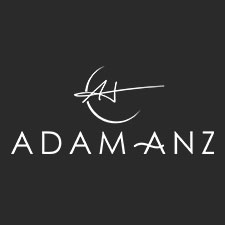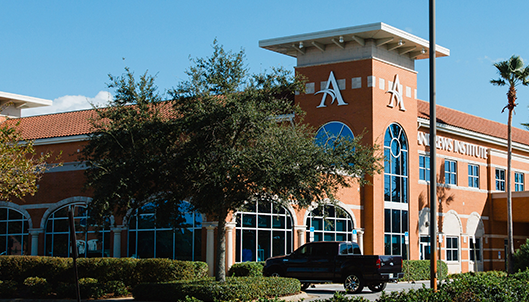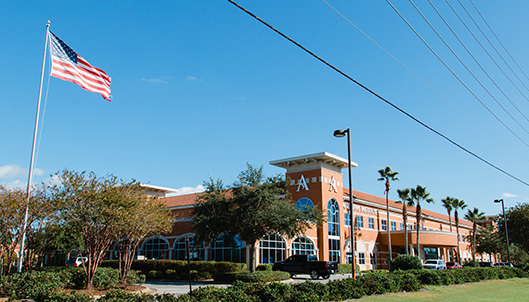
Injury Overview
Cartilage is a type of tissue found in the joints of the body. Articular cartilage is a specific type that covers the ends of the bones within a joint allowing smooth, pain-free movement. There are other types of cartilage found in the joints as well. This includes cartilage that covers the discs in the spine, or cartilage that makes up the meniscus of the knee. All forms of cartilage have varying properties and functions, however, articular cartilage is a form that is commonly injured in the knee. Articular cartilage is strong, but once damaged, the tissue has a very limited ability to heal because of its limited blood supply. Due to the limited healing potential of cartilage, articular cartilage injuries (often referred to as chondral injuries) may worsen if left untreated. When the deterioration and damage involves a large part of the joint and is accompanied by inflammation of the joint, the term applied to the injury is degenerative osteoarthritis.
Articular cartilage can become damaged through a number of ways. These are highlighted below:
- Cartilage can become damaged through sports accidents or acute trauma
- When knee alignment is not perfect, chronic overuse and repetitive weight bearing can cause cartilage injury
- Age plays a vital role in the health of articular cartilage. As an individual ages, cartilage can deteriorate due to our active lifestyles
- Focal damage (injury to a small, specific localized area) to cartilage can range from softening of the cartilage to to complete detachment of a piece of cartilage leaving the underlying bone exposed.
- Chondromalacia is a medical term describing cartilage injury with grading of 1 to 4. Grade 1 chondromalacia refers to softening of cartilage. At the other end of the spectrum, grade 4 chondromalacia refers to a full thickness cartilage injury where the cartilage is worn down to bone or is detached as a full segment of cartilage. An osteochondral defect (OCD) occurs when there is damage to both the cartilage and the bone layer below.
Symptoms
A constant, dull ache, accompanied with joint swelling and stiffness, are the most common symptoms associated with a cartilage defect or injury. These symptoms can start as an ache and turn into chronic pain over time. If cartilage pieces become dislodged, they can cause popping and catching symptoms. The symptoms will worsen with activity. In early staged injuries, pain can be managed with conservative measures, while injuries that have progressed may benefit from a surgical procedure.
Diagnosis
Pain in the knee from a cartilage injury can mirror many other conditions. Because of this, Dr. Anz will gather as much information as possible during the initial interview and will conduct a thorough physical examination to evaluate the pain and mobility of the knee. An X-ray will be performed at the initial visit, and an MRI may also need to be obtained. Once a cartilage injury has been diagnosed, Dr. Anz will assess the stage and level of injury and provide a treatment plan.
Treatment
Minor cartilage injuries often respond well to conservative treatment measures. This includes avoiding activities that cause symptoms to flare up, as well as icing of the knee, elevation of the injured knee, anti-inflammatory medications, and physical therapy.
Surgical Treatment
For severe cases of cartilage damage, Dr. Anz may recommend a surgical treatment. Most treatments are in place to provide pain relief and mobility for patients. The surgery performed for chondral damage will be based upon the grade of the injury as well as the method Dr. Anz believes will provide the best outcome. The patient’s age, activity level, fitness goals, and lifestyle, will all be taken into account before a treatment plan has been provided. Most of the procedures that are performed to treat cartilage defects can be done arthroscopically. Dr. Anz offers the following procedures to treat articular cartilage injuries and chondral defects: Microfracture (marrow stimulation), debridement and chondroplasty,, and osteochondral allograft transplantation. Experimental procedures utilizing stem cells are on the horizon for treating cartilage defects, and Dr. Anz has been directly involved with research in this area.
Post-Operative
Proper rehabilitation is one of the most important aspects of the effectiveness and successful outcome following a surgical procedure for articular cartilage injuries. Dr. Anz will consult with each patient regarding what is expected of them after surgery and will recommend a physical therapy rehabilitation program which should be fulfilled completely in order to achieve the most optimal results. The program will be broken down into phases that will consist of transitions from movement and mobility to strengthening and regaining full function of the knee.
—
If you have any further questions or are interested in scheduling an appointment with Dr. Anz to discuss your symptoms, which you believe might be a cartilage injury of the knee, please contact the Gulf Breeze, Florida orthopedic surgeon, Dr. Adam Anz located at the Andrews Institute.



